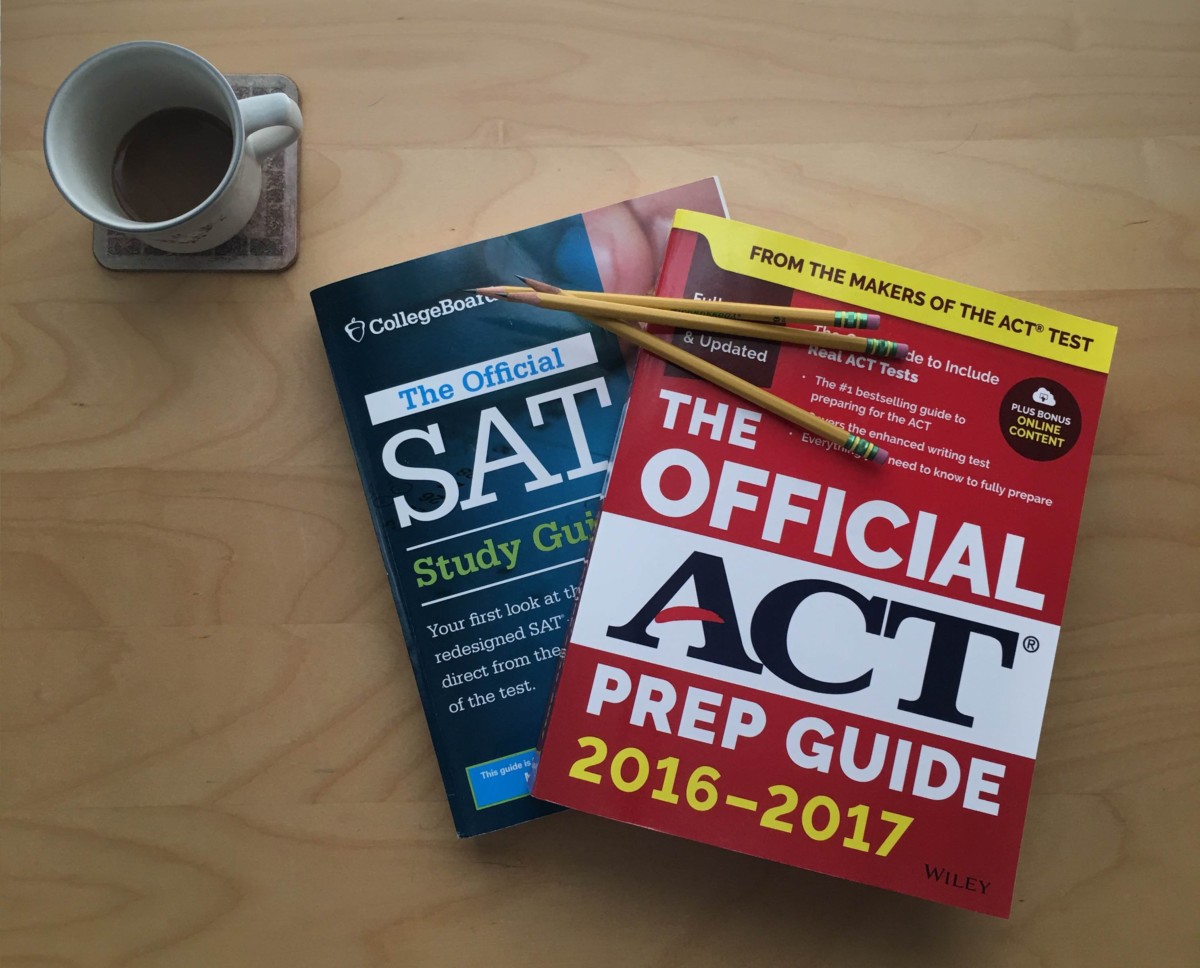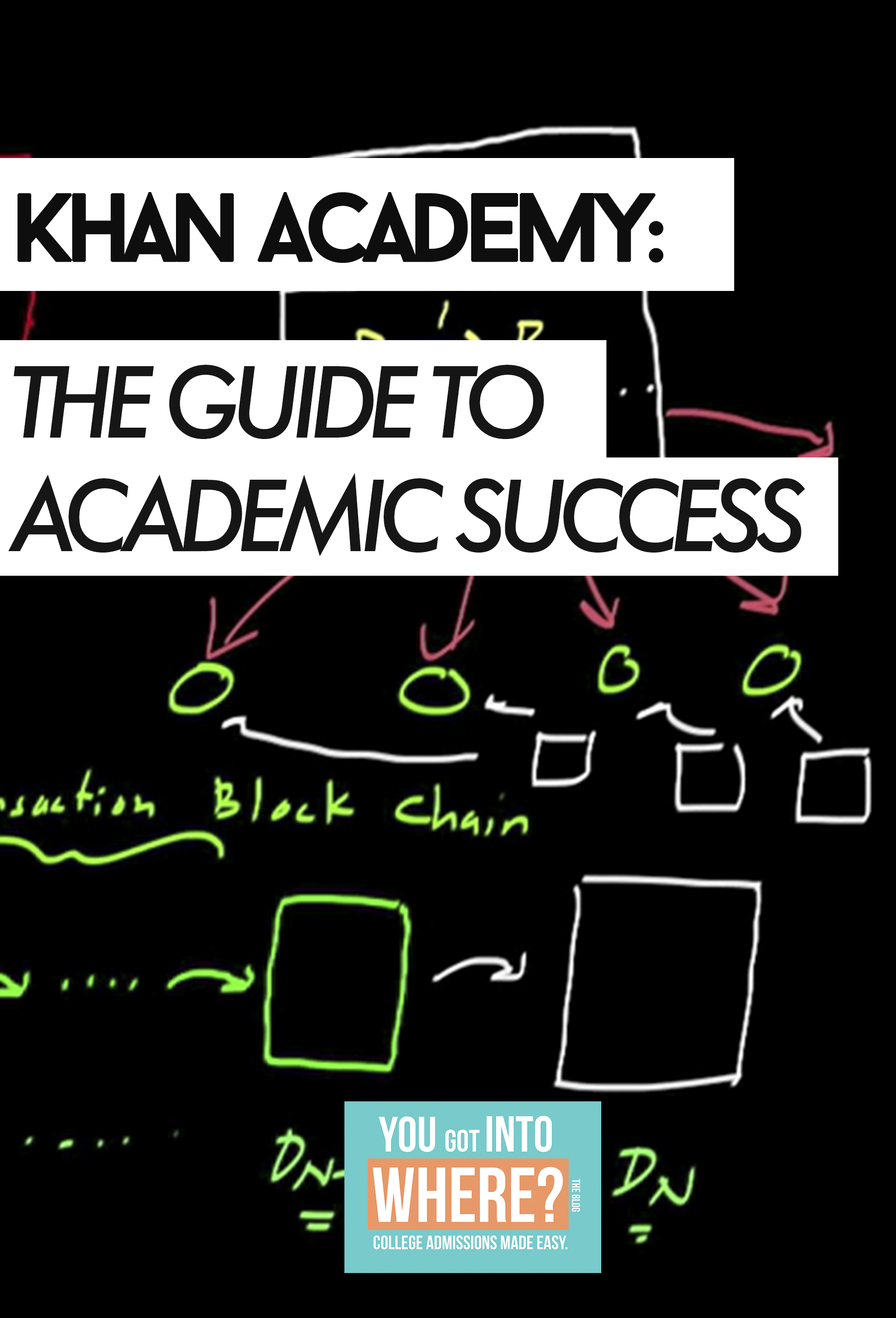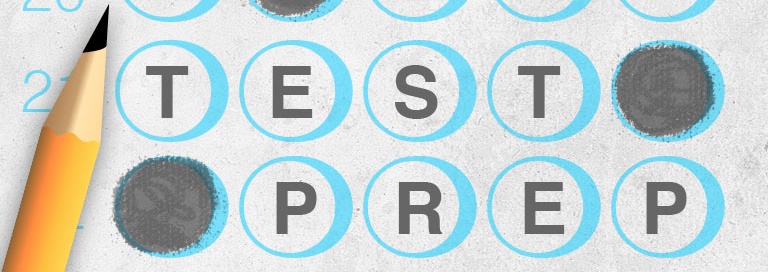Tips and Tricks: High School Life Hacks
/High school is hard. Point blank.We have to wake up early, go to school all day, and then go home and study. None of these things are particularly easy; however, there are a few things that may change that. Here are a few life hacks that can make high school a bit less of a struggle. Having trouble getting up in the morning for school?
Hack #1: Use Sleep Cycle
Sleep Cycle is an app for Apple and Android that serves as an alarm clock and a sleep tracker. Basically, how it works is you set an alarm on the app and it tracks your sleep, which then allows it to wake you up in your lightest phase of sleep, enabling you to feel more awake and refreshed in the morning. For example, I set the alarm for 6:00 a.m. and place my phone on my bedside table. It tracks my sleep and will wake me up any time between 5:30 a.m. and 6:00 a.m. when I am in my lightest phase of sleep.
At first, I was a bit skeptical of this app. How could I be more awake waking up at 5:30 than if I slept for an extra 30 minutes and woke up at 6:00? It describes it best on the app, but basically you will be more refreshed if you wake up at the end of a sleep cycle, rather than in the middle of one. By using this app, you will definitely have an easier time getting up early during the school week!
Hack #2: Use sleepyti.me
If Sleep Cycle isn’t your thing, try using the website sleepyti.me (http://sleepyti.me). This website allows you to enter the time that you need to wake up, and it then suggest optimal times for you to fall asleep in order to wake up the most refreshed. Similarly to Sleep Cycle, this website is based on the idea that you will be most refreshed if you wake up at the end of a sleep cycle, rather than in the middle. This website is perfect if you still want to use a conventional alarm clock, but still need help feeling more rested in the mornings.
Have a difficult time focusing in class?
Hack #3: Chew Mint Gum
Chewing mint gum or eating mints while you’re in class has been scientifically proven to increase memory and focus. Basically, the scent of mint increases blood pressure and the amount of oxygen in the blood, which ultimately allows more blood to go to your brain, resulting in increased focus and memory. A more natural alternative to gum or mints is peppermint essential oil. This will serve the same basic purpose as mints or gum if you simply put the essential oil on different pressure points on your body before school, so you can smell the peppermint throughout the day.
Have a difficult time focusing while studying?
Hack #4: Try the Pomodoro Technique
The Pomodoro Technique is a technique that was invented to prevent burnout and increase productivity. The basic structure of this method is that you work for fifteen minutes at a time, taking five minutes breaks in between the fifteen-minute work periods. You would then repeat this until you’re done with your task. However, you can adapt this to fit your best interest. I personally like to work in one-hour chunks, taking fifteen to twenty minute breaks in between. Go to http://pomodorotechnique.com/get-started/ for more information about the Pomodoro Technique.
Hack #5: Study in a Different Way
Look at the way you’re studying and consider why you can’t focus. If the reason is because you’re bored, consider using a different method to study. Textbooks and notes aren’t the best or most interesting way to study, which is probably why it is difficult to focus. However, there are different ways to study, such as using mind maps, graphic organizers, or even just writing in a different color pen. This will create diversity and interest, which should make it easier to focus. Now go and conquer high school!

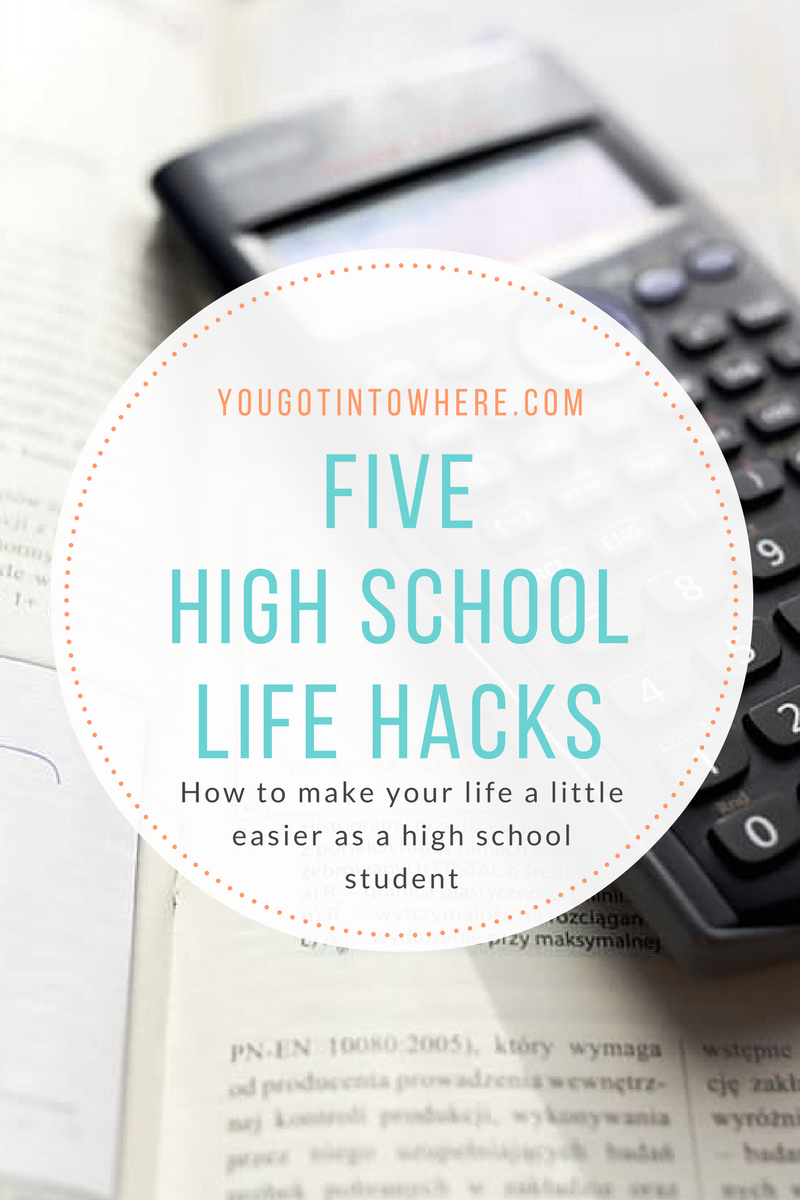



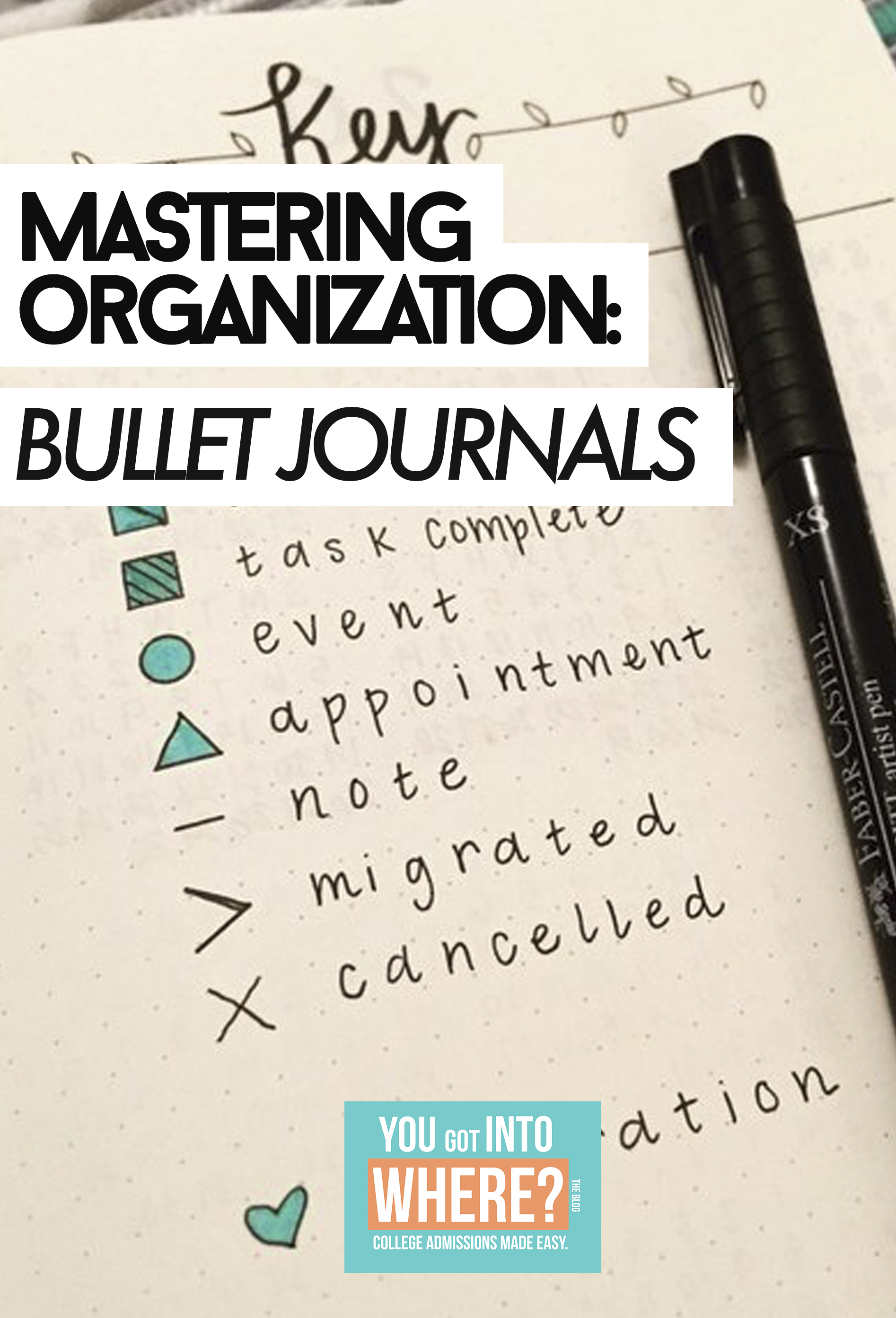



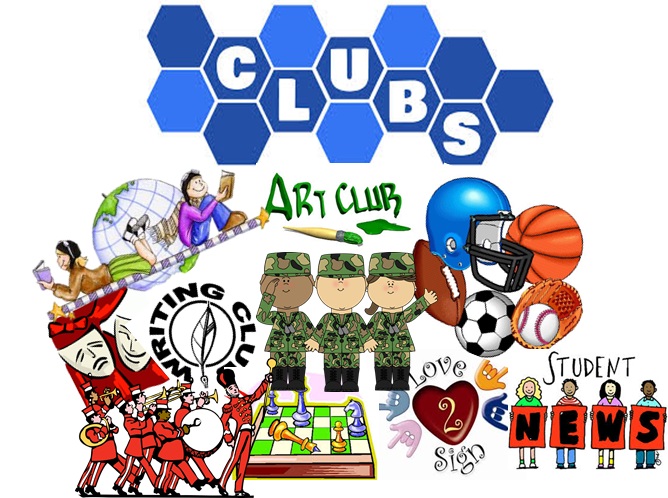




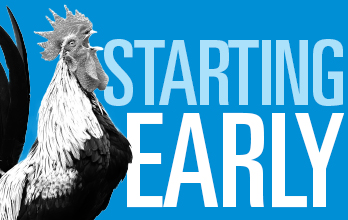


 Why the Changes?
Why the Changes?

























